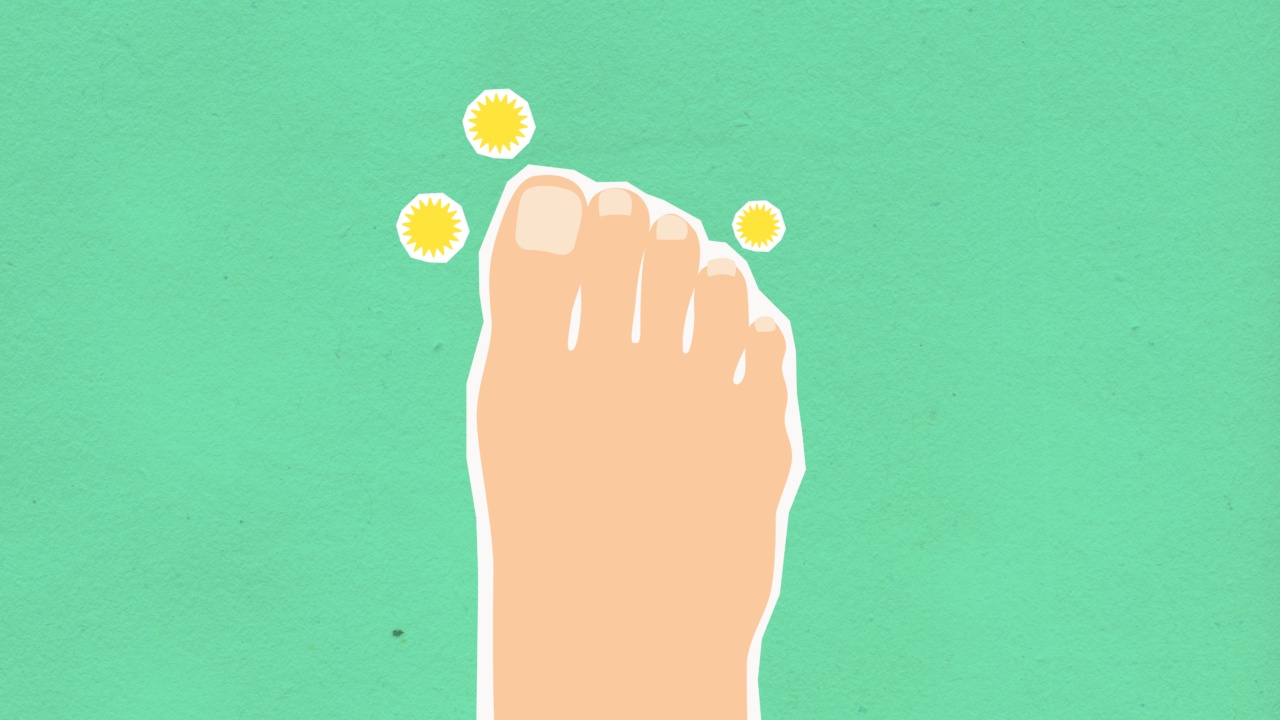Fungal infections are common among humans, and they can occur in different parts of the body. While some fungal infections are harmless and can be easily treated, others may be stubborn and pose a great risk to our health.
One area of concern when it comes to fungal infections is intimacy. Sexual activity can increase the risk of fungal infections in both men and women. In this article, we will explore different types of fungal infections that can affect intimacy and how to prevent them.
What are Fungal Infections?
Fungal infections, also known as mycosis, are caused by fungi that are often found in the environment. Fungi are microorganisms that can grow on different surfaces, including skin, nails, hair, and mucous membranes.
They are more likely to cause infection in people who have weakened immune systems, poor hygiene, or those who take antibiotics or corticosteroids.
Fungal Infections that Affect Intimacy
Sexual activity can increase the risk of fungal infections in both men and women. The following are some of the fungal infections that can affect intimacy:.
Yeast Infections
Yeast infections, also known as candidiasis, are caused by an overgrowth of candida fungus. They can affect both men and women, but they are more common in women. Yeast infections can affect the genital area, mouth, throat, and skin.
Some of the symptoms of yeast infections include itching, burning, and discharge. Yeast infections can be treated with antifungal medications, but they can recur if the underlying cause is not addressed.
Jock Itch
Jock itch is a type of fungal infection that affects the groin area. It is caused by a fungus called tinea cruris. Jock itch is more common in men and can cause a lot of discomfort, including itching, burning, and redness.
Jock itch can be treated with over-the-counter antifungal medications, but it can recur if the underlying cause is not addressed.
Ringworm
Ringworm is a fungal infection that affects the skin. It can cause a red, itchy rash that has a circular shape. Ringworm can affect different parts of the body, including the groin area, scalp, and feet. It is caused by a fungus called tinea.
Ringworm can be treated with antifungal medications, but it can recur if the underlying cause is not addressed.
How to Prevent Fungal Infections
Preventing fungal infections requires practicing good hygiene and taking precautionary measures. Here are some tips on how to prevent fungal infections:.
Practice Good Hygiene
Wash your hands regularly with soap and water. Keep your genital area clean and dry. Wear clean, dry clothes and avoid sharing personal items like towels and undergarments.
Clean and disinfect surfaces that come into contact with your skin, like gym equipment and shower floors.
Avoid Tight-Fitting Clothes
Tight-fitting clothes can trap moisture and heat, creating an ideal environment for fungi to grow. Wear loose-fitting clothes that allow your skin to breathe, especially during hot weather or when you are engaging in physical activity.
Use Antifungal Products
Use antifungal products like powders, sprays, and creams to prevent fungal infections. Apply antifungal products to the affected areas and follow the directions on the label. Antifungal products can also be used to treat fungal infections.
Avoid Sexual Contact
Avoid sexual contact if you or your partner has a fungal infection. Fungal infections can be easily transmitted during sexual activity.
If you or your partner has a fungal infection, seek treatment and wait until the infection is completely cleared before engaging in sexual activity.
Eat a Healthy Diet
Diet plays a significant role in preventing fungal infections. Eat a healthy diet that includes fruits, vegetables, whole grains, and lean protein. Avoid processed foods, sugary foods, and alcohol as they can increase your risk of fungal infections.





























